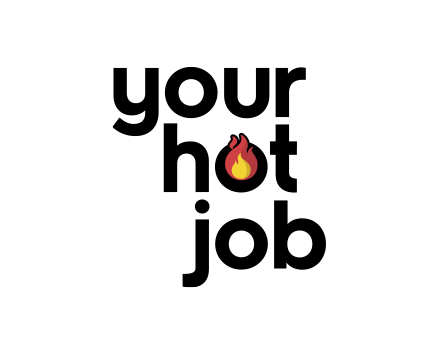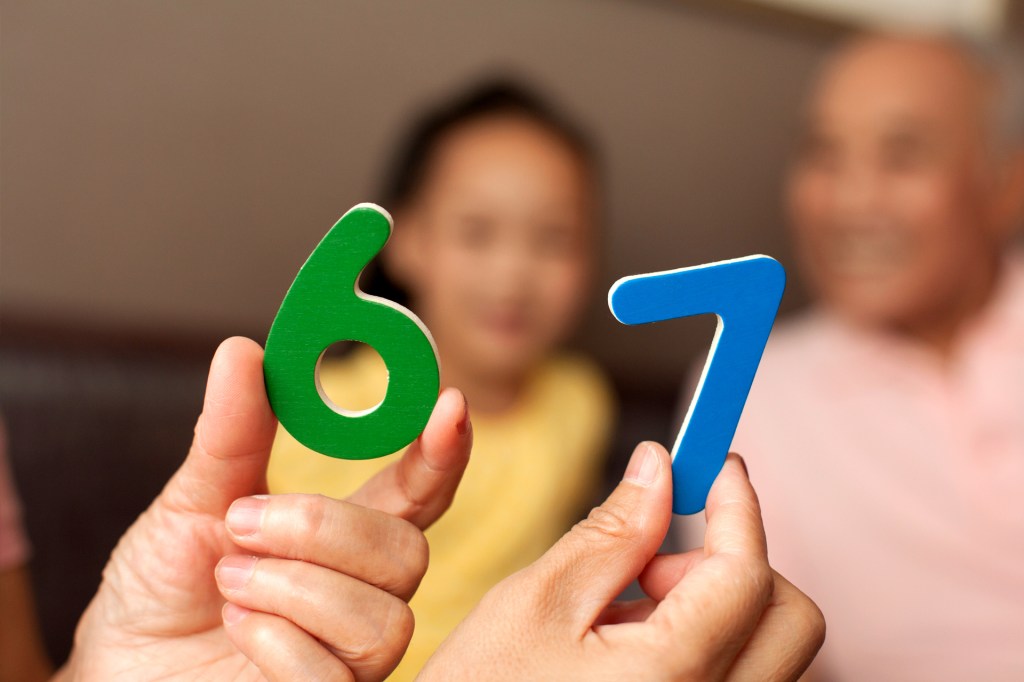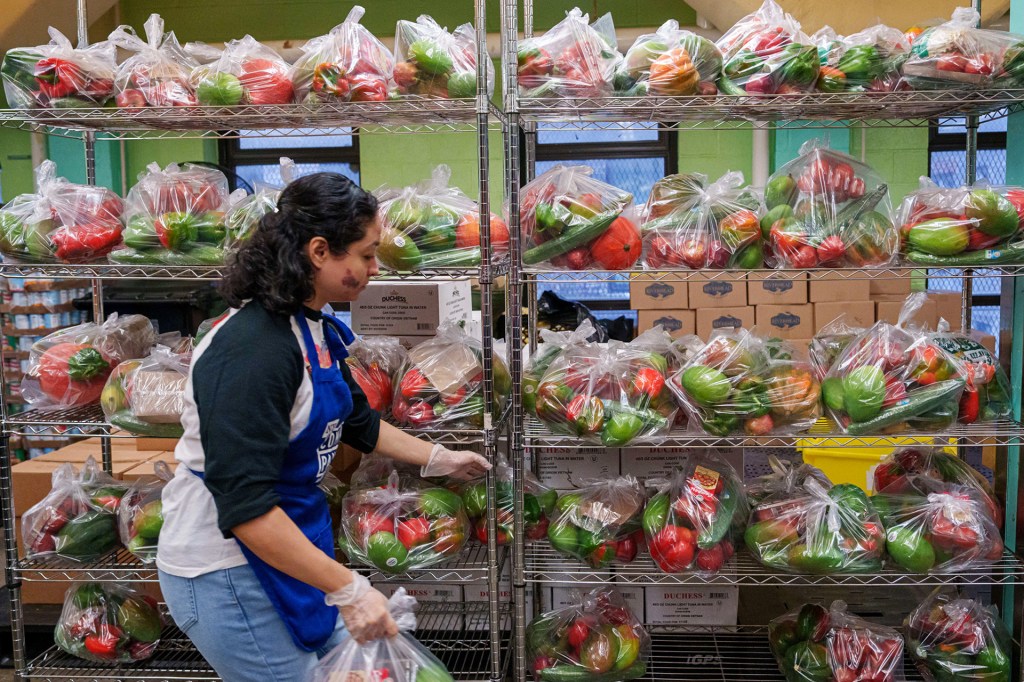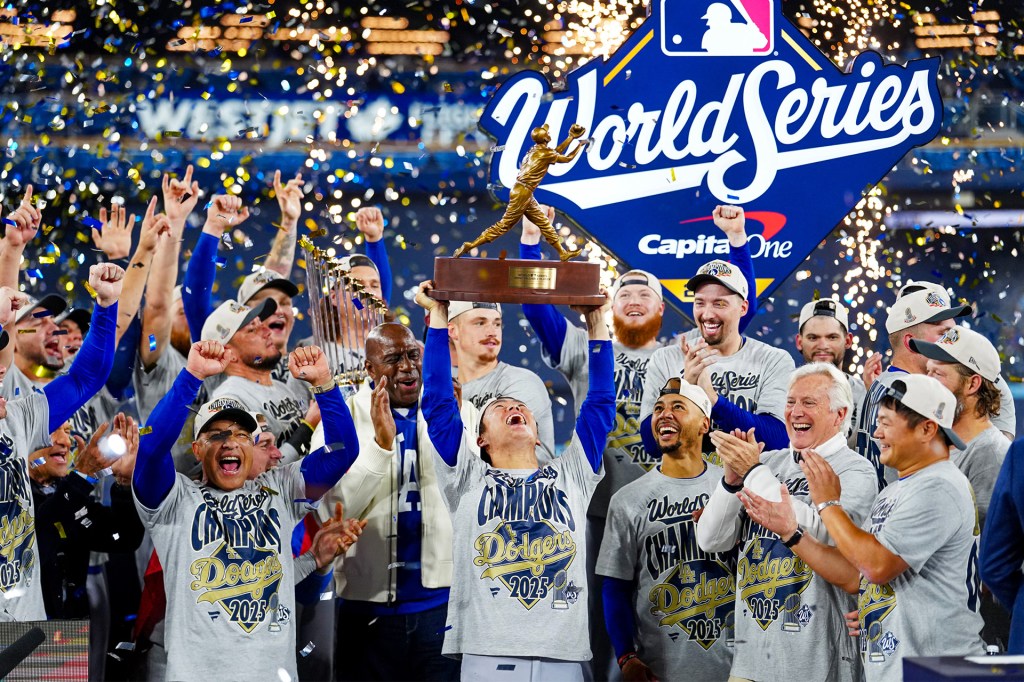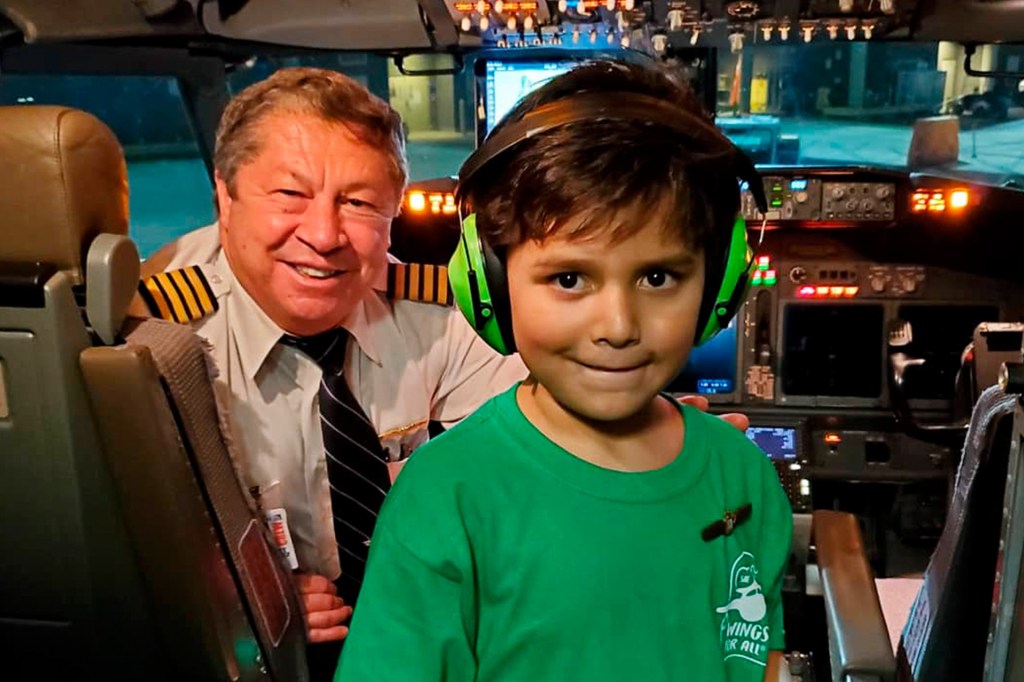NFL Protests
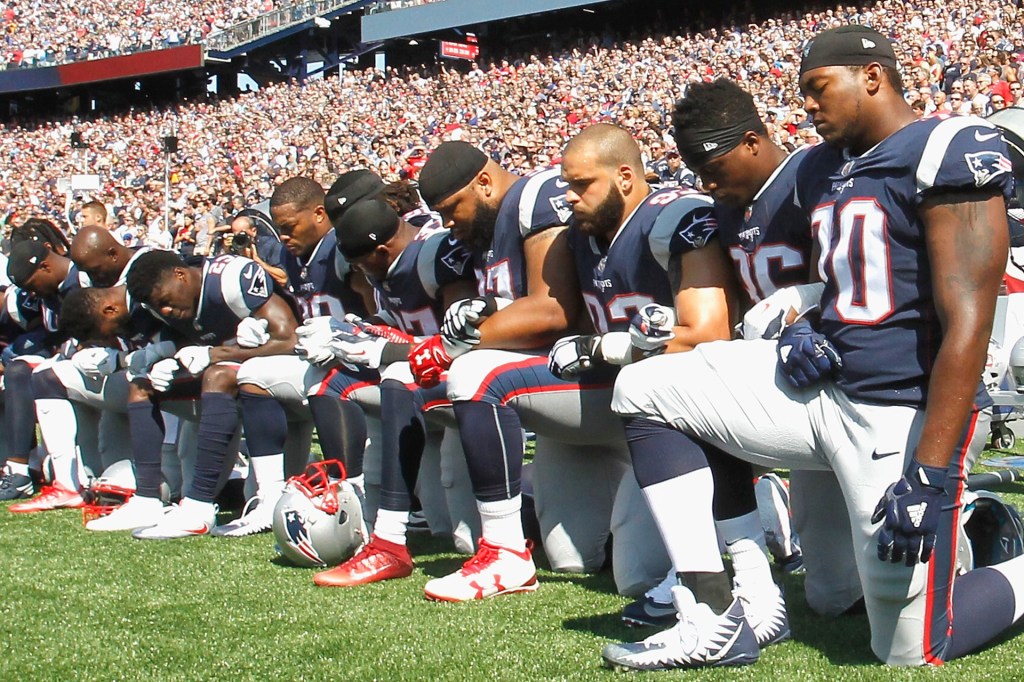
On September 24, more than 200 National Football League (NFL) players sat, knelt, or raised a fist during pregame national-anthem ceremonies. Some teams locked arms on the sidelines, and three teams stayed in the locker room during “The Star Spangled Banner.”
Colin Kaepernick, then of the San Francisco 49ers, protested in 2016. He knelt during the anthem. He did so to raise awareness about racism and injustice. This fall, the protest became widespread after President Donald Trump spoke at a rally on September 22. “Wouldn’t you love to see one of these NFL owners, when someone disrespects our flag, to say . . . ‘He’s fired!’”
Trump spoke for those Americans who believe the protests disrespect the U.S. “You cannot have people disrespecting our national anthem, our flag, our country, and that’s what they’re doing,” Trump said on September 27.
The president’s remarks sparked discussion about the U.S. Constitution’s First Amendment. It protects freedom of speech. Many people support the players’ message. And many team owners support their right to share it. Robert Kraft owns the New England Patriots. He said players have a “right to peacefully effect social change and raise awareness in a manner they feel is most impactful
impactful
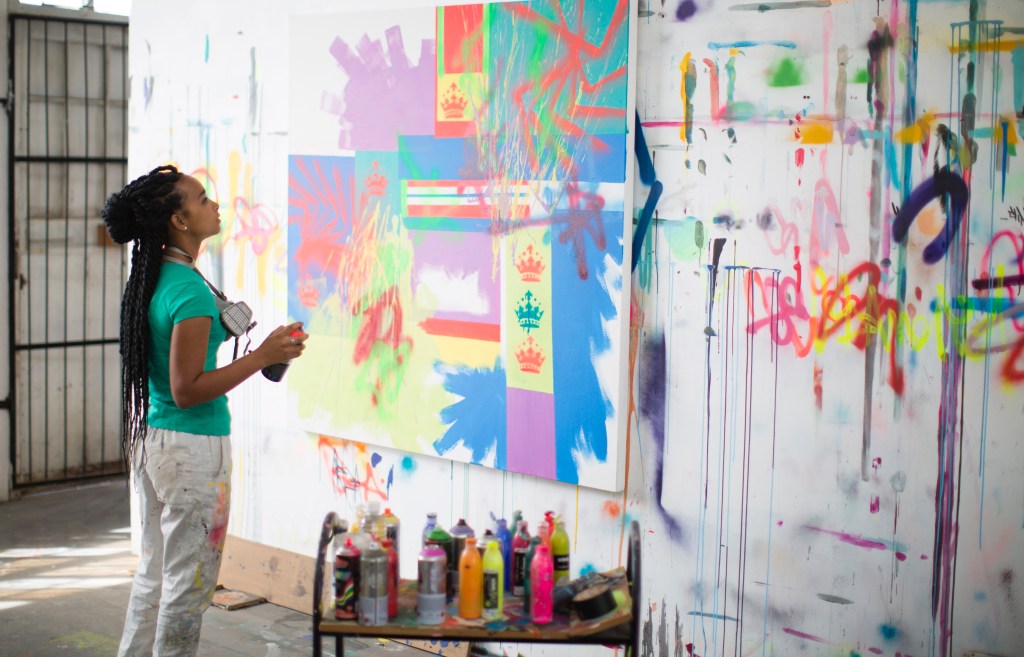 DOUGAL WATERS—GETTY IMAGES
having a forceful impact or effect
(adjective)
The artist chose bold colors to make her painting more impactful.
.”
DOUGAL WATERS—GETTY IMAGES
having a forceful impact or effect
(adjective)
The artist chose bold colors to make her painting more impactful.
.”
Football fans are divided. Some say they will boycott
boycott
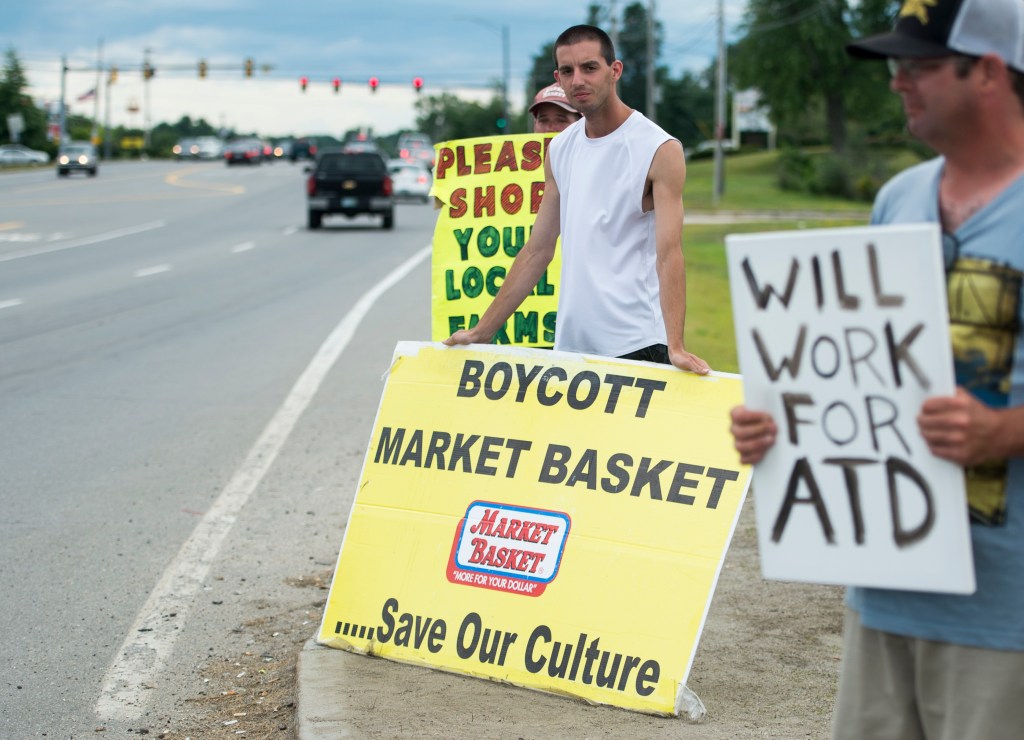 BILL CLARK—CQ ROLL CALL/AP
to refuse to participate in an event or to buy goods or services as a form of protest
(verb)
People decided to boycott the store because of unfair treatment of workers.
games. But the NFL has stood by its players. “I’m proud of our league,” says NFL commissioner Roger Goodell. “We live in an imperfect society. A public discourse
discourse
BILL CLARK—CQ ROLL CALL/AP
to refuse to participate in an event or to buy goods or services as a form of protest
(verb)
People decided to boycott the store because of unfair treatment of workers.
games. But the NFL has stood by its players. “I’m proud of our league,” says NFL commissioner Roger Goodell. “We live in an imperfect society. A public discourse
discourse
 DOUGAL WATERS—GETTY IMAGES
conversation
(noun)
Neighbors took part in a lively discourse at the community meeting.
makes us strong.”
DOUGAL WATERS—GETTY IMAGES
conversation
(noun)
Neighbors took part in a lively discourse at the community meeting.
makes us strong.”

